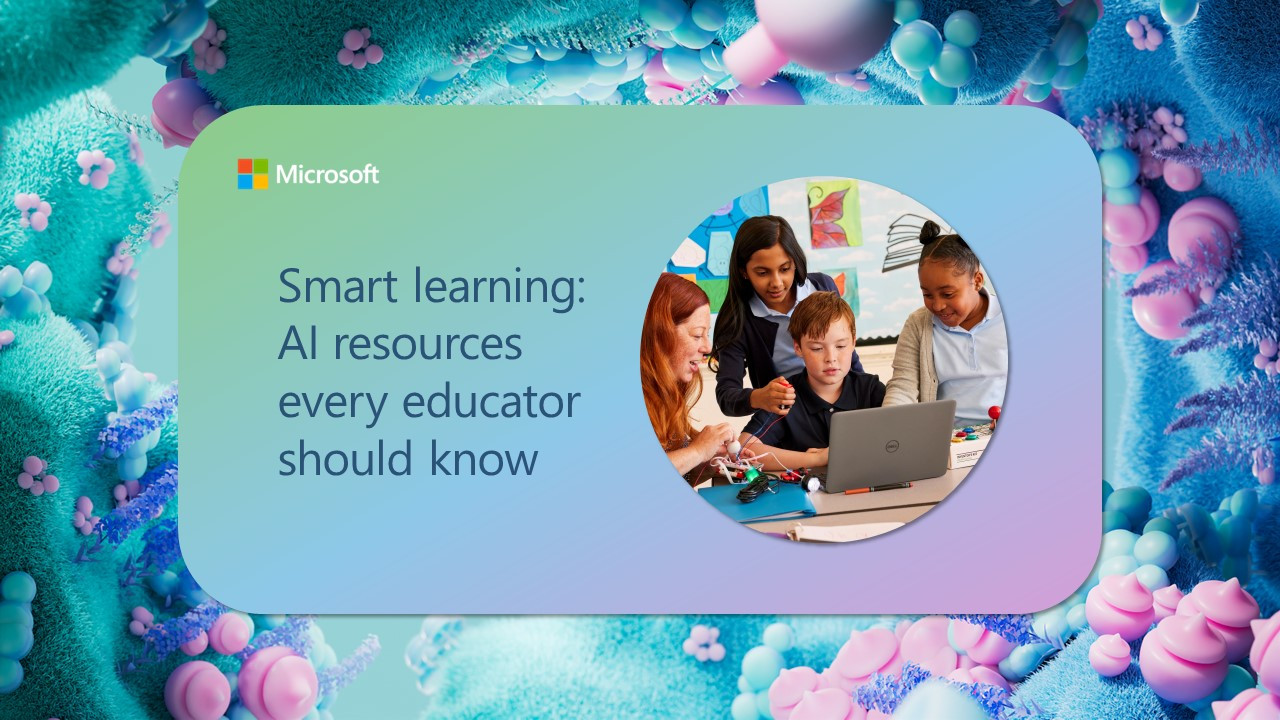Deakin University has never been short of information – but accessing the right information, when and where it is needed was once quite a challenge. An intelligent intranet called Deakin Hub is now transforming the way information is shared and accessed, establishing a single source with insight only ever a click away.
The project wasn’t prompted by COVID-19, but its timing was fortuitous. In the past when people wanted information, they had to go searching for it – often a time-consuming task – or they leaned over to ask a colleague sitting next to them where to find it; with everyone working from home that simply wasn’t possible. The intelligent intranet has instead become a virtual colleague, quickly taking people to the information they seek.
It has already had a major impact on Deakin staff productivity; faster access to information means the time taken to complete tasks has dropped by an average of 23 per cent and there has been a 67 per cent boost in user satisfaction. Task completion rates have soared 106 per cent and the overall information governance of the university has been enhanced.
The core challenge that the intelligent intranet addresses is that although Deakin always had a lot of content, it wasn’t always well maintained or easy to find. The intelligent intranet is designed to deliver to staff all the information they need to do their jobs in one coherent location.
Deakin employs close to 10,000 people spread across 188 departments, who use multiple different applications, who write reports, policies and documents. Deakin Hub is designed to collate that material and make it accessible.
The University has built the first iteration of the intranet using SharePoint Online and LiveTiles’ Wizdom Intelligent Intranet software. LiveTiles’ Wizdom platform was used to prioritise and organise Deakin’s information; integrate all content into a single corporate dashboard; and capture and consolidate news and information from 188 teams.
Deakin collaborated with Engaged Squared on the design and deployment using Microsoft Teams to run the project.
Using trusted and established platforms – SharePoint and Wizdom – as the foundations for Deakin Hub means that the focus has been on configuring a solution rather than building a bespoke system which would not have been as sustainable or scalable over the long term.
Deakin will also be able to immediately leverage any future capabilities added to SharePoint – particularly new and emerging search capabilities – to enhance the user experience without needing to change any of the underlying technology.
According to Alister, manager of Deakin’s Digital Workplace; “Previously staff needed to understand the internal structure of the university to find the information. We have spent a lot of time breaking that down – now it’s look for information, find information – without reference to the university structure.”
Owen Brandt; senior vice president of LiveTiles Asia Pacific says;
“Thousands of staff who once had no way of searching for data across 70 different corporate applications now have rolling news, updated documents, and multiple information sources at their fingertips.”
The intelligent intranet also helps to break open siloes of information which have developed over time across Deakin. As information is brought into SharePoint Online it becomes searchable and usable.
To build momentum Deakin has taken a deliberately iterative approach – focusing initially on the information needs of 900 corporate staff. Over time it will expand the collection of information available through the Intranet to serve other stakeholders.
Its approach to change management has been similarly gentle. While Deakin’s Intelligent Intranet will eventually replace an existing portal, that won’t be decommissioned until later in 2020. Until then the portal will co-exist with Deakin Hub – where information has been transitioned to the Hub it won’t be deleted from the portal – but a link will nudge people to Deakin Hub.
It’s a softly softly approach says Lisa Corker, Director of Channels and Experience at Deakin; “By the end of the year we will have migrated more content and people will have come into contact with it. There will be a bigger push towards the end of the year when we get toward turning that portal platform off.”
The change management piece of the transformation has been critical, and Air and Corker both thanked Engage Squared for its ability to deal with ambiguity and willingness to collaborate with the University – particularly to engage with Deakin’s end users to understand what they need as the intelligent intranet takes shape.
James Di Blasi, chief technology officer of Engaged Squared agrees that; “A key contributor to the success of this project was the strong working relationship we developed with the Deakin project team. Engage Squared and Deakin were able to operate with a genuine ‘one-team’ approach, sharing a vision and collaborating day-to-day through Microsoft Teams.
“Deakin had a very user-focused attitude, which meant that testing with users and iterating as the project progressed were important to their vision of success. This strongly aligned with our project methodologies and philosophies and was made possible because of our very flexible and consultative approach to working with clients, as well as the combined commitment to working as one integrated team, with a clear vision.”
Corker adds that the project was designed with efficiency and productivity at the core, with the side benefit of creating a more socially connective framework able to align people to the overarching strategy of Deakin.
“The Uni is a big place and we have something like 10,000 staff – academics, professionals, researchers, teachers, casuals permanents. Being able to pull that information together and engage with it will help align people to who we are as an organization, what are we trying to achieve and how are we tracking.”



